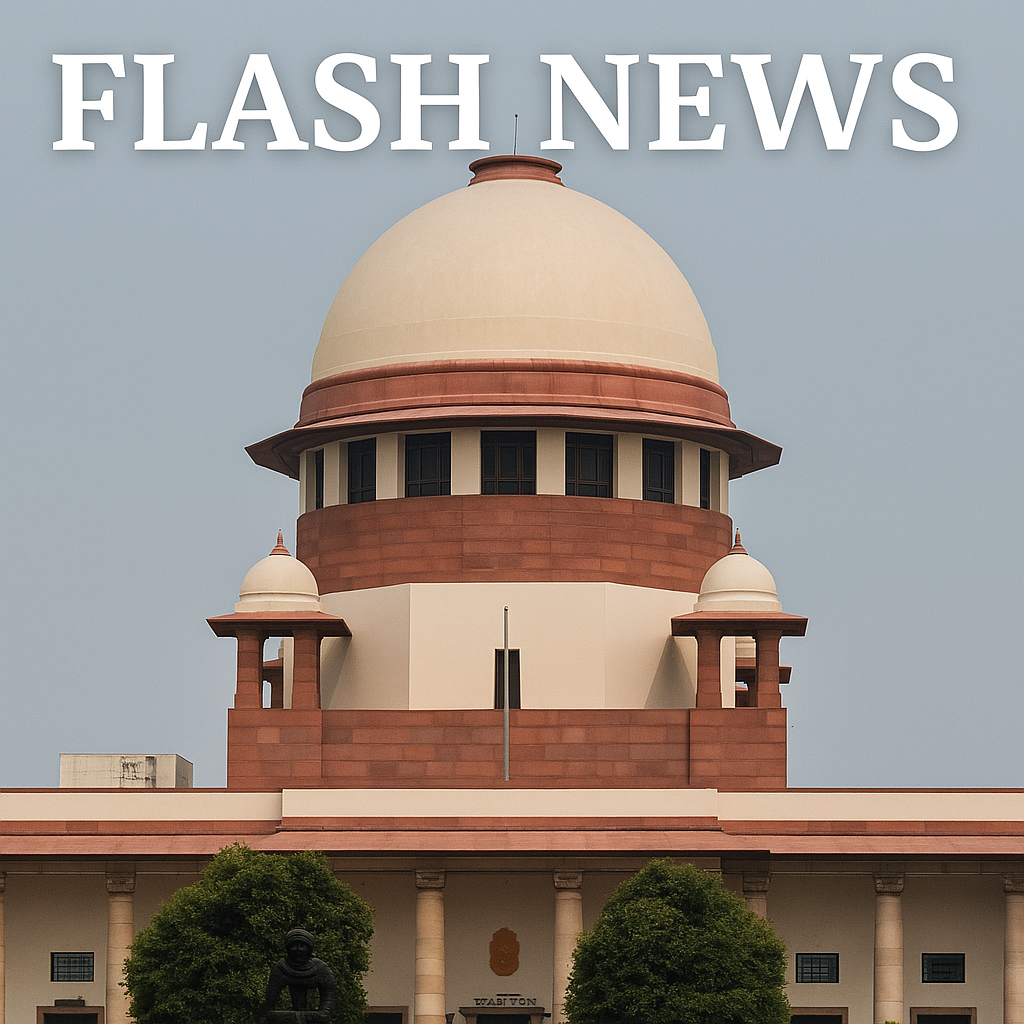- Mon - Sat. 10:00 am - 06:30 pm
- Call Us: 01143515793
- 9250341234
- info@doctcareservices.com
- Member Login
- Employee Login
- Pay Now
OFFER Get upto 75% Discount on Premium !! Buy Now

In a landmark judgment, the Supreme Court of India has held that a complainant in a cheque dishonour case under Section 138 of the Negotiable Instruments Act, 1881 qualifies as a ‘victim’ under Section 2(wa) of the Code of Criminal Procedure (CrPC). This recognition grants such complainants the right to appeal against an acquittal without seeking special leave under Section 378(4) CrPC, by invoking the proviso to Section 372 CrPC directly.
The case arose after the Madras High Court denied leave to appeal an acquittal in a cheque bounce case filed by Celestium Financial, ruling that the complainant had not shown sufficient grounds to warrant interference. Challenging this denial, the complainant approached the Supreme Court, arguing that as a victim of financial loss, they should be entitled to appeal without procedural hurdles.
Crucially, the judgment distinguishes between a "complainant" and a "victim" and asserts that when both roles are embodied in one person — as in cheque bounce cases — the complainant can exercise appeal rights without the burden of seeking prior leave from the High Court.